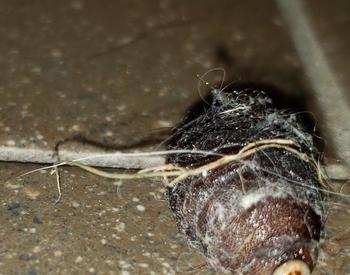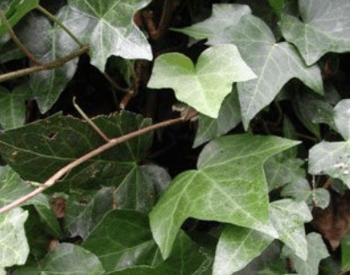I love gifting poinsettia flowers to my friends and family during the holiday time, but it has come to my attention that they may be toxic. Could you let me know which plants are unsafe for gifting to homes with pets?
During the holiday season, plants are given to friends and neighbors. Most of these decorative plants are harmless, but some can be dangerous if ingested.
Poinsettias were thought to have been poisonous, but this is false. The milky sap can cause skin and eye irritation, and if eaten, one might develop a rash in the mouth or suffer from stomach aches and vomiting.
Harmful plants
These names are listed along with which parts are hazardous to pets and small children:
- Amaryllis: the entire plant
- Bracken fern: leaves
- Christmas rose: foliage, roots and sap
- Christmas pepper: the small peppers
- Dieffenbachia: stem and leaves
- English ivy: leaves and fruit
- Euonymus: fruit, foliage and bark
- Ficus: milky sap causes skin irritation
- Holly: leaves and berries
- Horse chestnut: nuts, leaves and flowers
- Hyacinth: bulb
- Mistletoe: foliage and fruit
- Narcissus/Daffodil: bulbs
- Philodendron: leaves and stem
- Rhododendron: leaves
- Tulips: bulbs
These plants are festive and attractive, but it is important to be aware of which plants you are gifting and advise recipients to keep them out of reach of small children and animals or to consider alternative gifts.
The following resources have tips for transporting and caring for gifted plants.



















